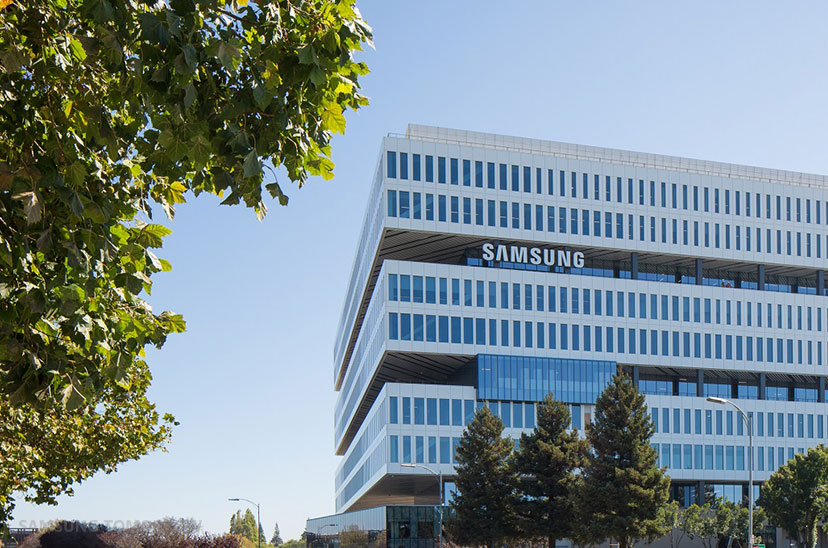 INFRA
INFRA
 INFRA
INFRA
 INFRA
INFRA
A dispute that prompted the Japanese government to impose export restrictions on high-tech materials to South Korea may affect U.S. tech firms thanks to the key role Korean companies have in the global supply chain.
The spat came about after South Korea’s Supreme Court ruled that Japan’s Nippon Steel must compensate South Koreans for forced labor during World War II. Japan argued that the matter of forced labor was settled in 1965 when the two countries restored diplomatic ties.
In response to the ruling, Japan imposed export controls starting July 4 on shipments to South Korea of fluorinated polyimide used in smartphone displays, as well as resist and high-purity hydrogen fluoride, used as an etching gas in chipmaking. The controls don’t ban the export of the products, instead making them harder to export, including the need to obtain an export license for every shipment, a 90-day process.
Japan produces about 90% of the world’s fluorinated polyimide as well as 70% of the world’s resist and high-purity hydrogen fluoride, making finding alternative providers difficult.
The target, from the moment the export restrictions were announced June 30, was clearly South Korea’s big tech firms, including Samsung Electronics Co. Ltd., the world’s largest maker of smartphones. As expected, Samsung is already said to be starting to run low on those key components, with a stockpile of fluorinated polyimide only large enough to cover manufacturing for at most a month.
Over the weekend, Vice Chairman JY Lee is said to have visited Japan to talk to suppliers about ways of working within the exports restrictions. According to Reuters today, Samsung and SK Hynix are also seeking to buy more materials from Taiwan and China where they are available. But even if they do find some stockpiles in those countries, barring detente between Japan and South Korea their supply problem may not be going away anytime soon.
The arguably overlooked problem is that this is not a Samsung issue alone. It’s also a major manufacturer of parts used in Apple Inc.’s iPhone, Dell Technologies Inc. computers and even Amazon.com Inc. servers.
That’s the key point made in a report today from Bloomberg that noted the dispute has the potential to upend the global technology supply chain. Should Samsung have to reduce or even cease production of some products, the impact ripples far downstream to other companies.
Every company, big or small, that relies on Samsung to supply it with key components would already likely be at the least highly concerned or more likely, looking around for alternative suppliers.
“This is an unprecedented event,” Jongjun Won, chief executive officer at Lime Asset Management Co., told Bloomberg. “If it’s lucky, the chip industry may be able to adjust inventories. There could be a happy ending if the Japan issue gets resolved in the meantime. However, the intertwining of politics and business is making it difficult to find a solution.”
Support our mission to keep content open and free by engaging with theCUBE community. Join theCUBE’s Alumni Trust Network, where technology leaders connect, share intelligence and create opportunities.
Founded by tech visionaries John Furrier and Dave Vellante, SiliconANGLE Media has built a dynamic ecosystem of industry-leading digital media brands that reach 15+ million elite tech professionals. Our new proprietary theCUBE AI Video Cloud is breaking ground in audience interaction, leveraging theCUBEai.com neural network to help technology companies make data-driven decisions and stay at the forefront of industry conversations.